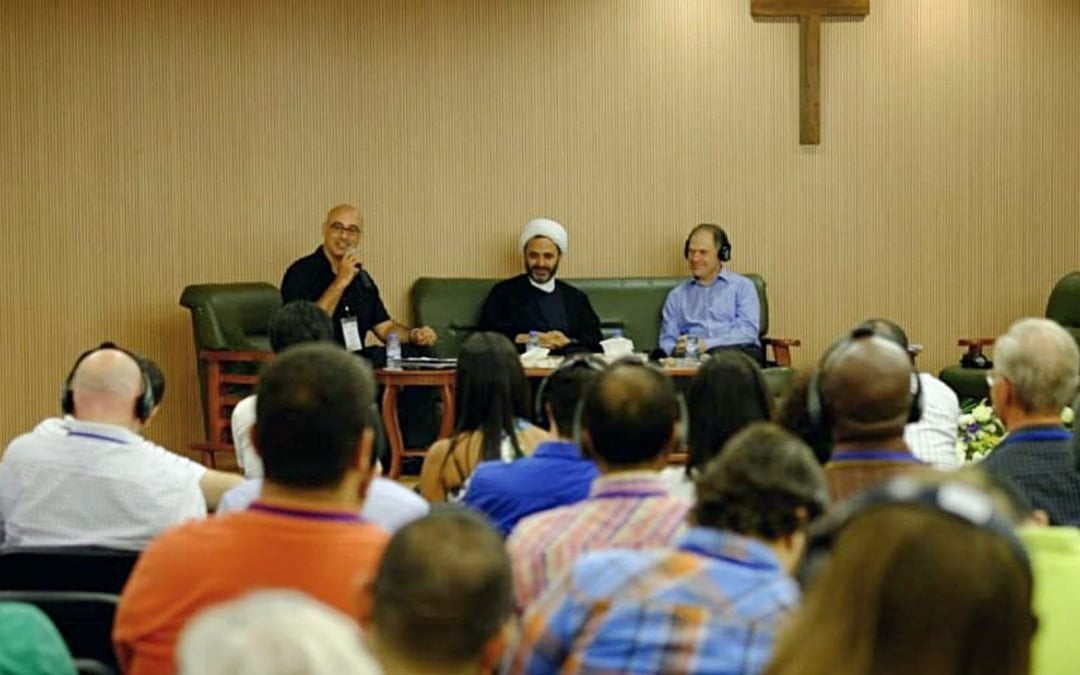The single most important issue for the church today will be addressed at the Institute of Middle East Studies’ Middle East Consultation, taking place June 17-21.
For the past 14 centuries, Christians have been interacting with Muslims through a vast array of approaches.
Each approach reveals a number of presuppositions and assumptions about Muslims; their prophet, Muhammad; and their holy text, the Quran.
These views, which we can refer to as a “Theology of Islam,” have been developed by Christian theologians through history, leading to social and political ups and downs between faith communities in various parts of the world.
In recent years, however, though evangelical Christians have engaged with Muslims with unprecedented enthusiasm, few of our theologians and Bible scholars have seriously engaged in the process of spelling out an informed and comprehensive theology of Islam.
What sorts of ministries in Muslim settings will our churches entertain if they believe that Islam’s prophet introduced an anti-Christian ideology contained and promulgated in the Quran through the centuries?
Most likely, they will lead initiatives that are polemical in nature and will lead to intercommunal conflict.
Who will pay the price? The Christian communities who live among their Muslim neighbors.
But what sorts of ministries will we promote if we view our Muslim neighbors first as human beings, and then as believers in a message that was brought to humankind by divine mercy and to encourage good neighborliness?
Not all Muslims believe this, but a great many of them do. We will want to respond in kindness and with the self-giving love demonstrated to us by Jesus through his life-giving journey on earth and in his death on the cross.
Many developments have happened in academia in recent decades, which can help us develop a theology of Muhammad and the Quran far more gracious than we have traditionally held and assumed.
What happens when you bring together Christian experts on Islam, theologians and Bible scholars, and ministry practitioners and missiologists, around the conversation table?
This is what we will explore through a supremely important conversation next June at the Arab Baptist Theological Seminary as we gather around the theme, “Thinking Biblically about Muslims, Muhammad and the Quran: Practical Implications for the Church Today.”
We will consider case studies together, listen to testimonies from first-hand practitioners from the region and the world and hear reflections from expert theologians and scholars who will help us carry out the conversation within a scientifically honest and a missiologically passionate framework to enrich the church’s multiple ministries.
Editor’s note: A flier about the MEC 2019 consultation is available here. Presentations from the 2017 consultation, which focused on the theme, “The Church in Disorienting Times: Leading Prophetically Through Adversity,” have been published in a book, which is available for purchase, either as a paperback or e-book.


